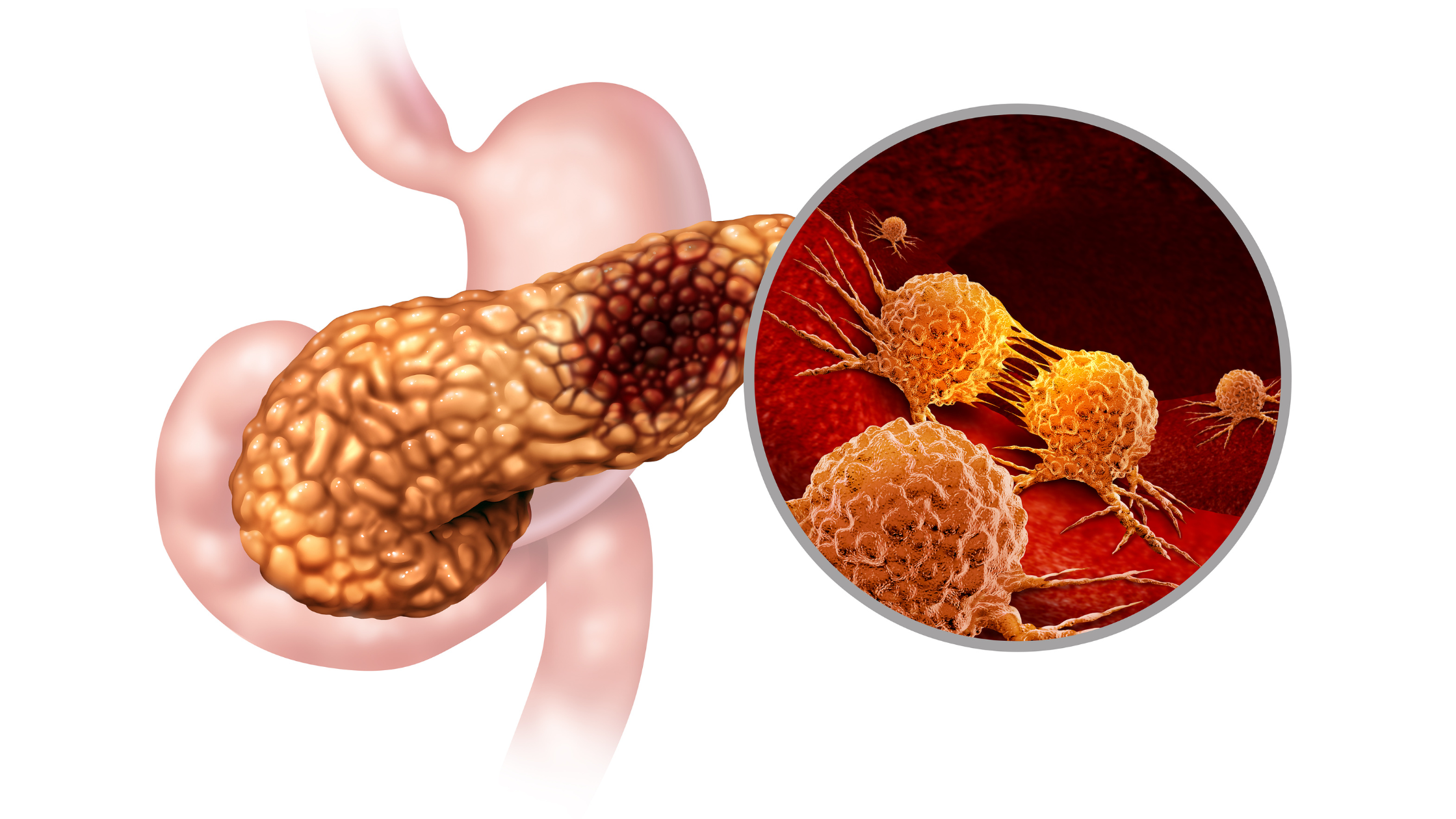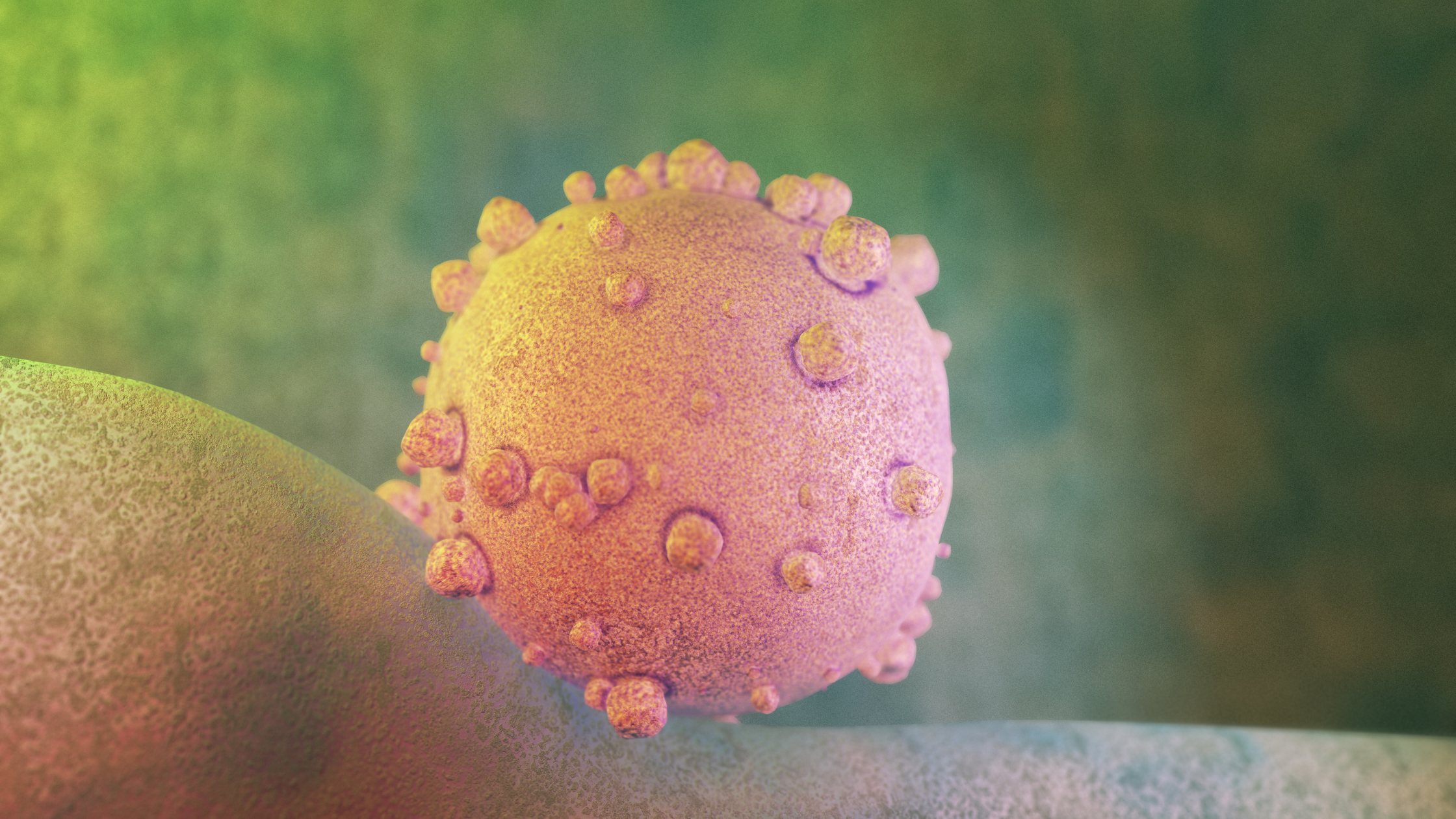
According to Mayo Clinic’s Dr. Santhi Swaroop Vege, pancreatic cancer is one of the most lethal forms of cancer. It’s difficult to detect, survival rates are low, and successful treatment isn’t always the outcome, despite advances in medical technology.
It’s a diagnosis that nobody wants to hear, and it can be incredibly difficult to cope with, but there is hope. Nobody likes to hear about cancer, but understanding its mechanisms and the resources you have at your disposal can make a world of difference. Knowledge is our first line of defense:

An Aggressive Cancer
Pancreatic cancer is also known for its aggressive nature. Even when the cancer is detected early, it can be difficult to treat because pancreatic tumors tend to be resistant to chemotherapy and radiation.
Additionally, the cancer can spread quickly to nearby organs like the liver and lungs, further complicating already limited treatment options. Surgery is often the most effective treatment for pancreatic cancer, but it’s only an option for those with an early diagnosis. Chemotherapy and radiation can be used to shrink the tumor before surgery or to slow the growth of the cancer, but they are often ineffective in curing the disease. However, medical technology is advancing and there are more options available today, such as immunotherapy.

Causes of Pancreatic Cancer
The exact cause of pancreatic cancer is still unknown, but there are several risk factors, notably lifestyle-oriented variables that can be improved, that increase the likelihood of developing the disease. Some of the most common risk factors include:
- Age: The risk of pancreatic cancer increases with age, with most cases occurring in people over 60 years old.
- Gender: Men are slightly more likely to develop pancreatic cancer than women.
- Smoking: Cigarette smoking is a major risk factor for pancreatic cancer, with smokers being 2-3 times more likely to develop the disease than non-smokers.
- Family history: People with a family history of pancreatic cancer are at higher risk of developing the disease themselves.
- Chronic pancreatitis: Chronic inflammation of the pancreas is a risk factor for pancreatic cancer.
- Diabetes: People with diabetes are at increased risk of developing pancreatic cancer.
Lack of Screening & Late Diagnosis
One of the biggest reasons why pancreatic cancer is so devastating is because it’s often diagnosed at a late stage. This is because the pancreas is located deep in the abdomen and tumors can grow undetected for a long time before causing symptoms. By the time symptoms like abdominal pain, jaundice, and weight loss appear, the cancer has often already spread to other organs, making it much harder to treat.
It also doesn’t help that, unlike other cancers such as breast or prostate cancer, there is no routine screening test for pancreatic cancer. This means that many cases go undetected until the cancer has already spread, making treatment much more difficult.
But if you or a loved one have been diagnosed with pancreatic cancer, simply know that you are not alone. Cancer affects everyone differently, but hearing from real life stories can help anyone affected by a cancer diagnosis feel heard, supported and also learn to support others going through this difficult experience.
Prevention & Empowerment
While there’s no surefire way to prevent pancreatic cancer, there are steps you can take to reduce your risk by developing a healthy lifestyle. Some of the most effective changes you can make include:
- Quitting smoking: If you smoke, quitting can significantly reduce your risk of developing pancreatic cancer.
- Maintaining a healthy weight: Being overweight or obese can increase your risk of developing pancreatic cancer, so it’s important to maintain a healthy weight through diet and exercise.
- Eating a healthy diet: A diet rich in fruits, vegetables, whole grains, and lean proteins can help reduce your risk of developing cancer.
- Limiting alcohol consumption: Drinking alcohol in moderation can help reduce your risk of developing pancreatic cancer.
It’s also worth mentioning that your genetics, intermingling with your lifestyle decisions, also play a role in your risk of developing pancreatic cancer, among other types. Knowing your genetics can help you form an early plan towards minimizing your risks, which is exactly what CircleDNA’s at-home test can help you with.





